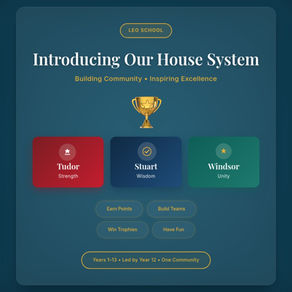
Programs for any purposes
ESL stands for English as a Second Language and is used to describe non-native speakers of the English language.
Boost your English skills and confidence. Join classmates from around the world in 100% online teacher-led classes and interactive lessons.
Study in small groups or choose your own schedule and study individually. In our private classes, you get one-to-one tuition from one of our teachers.
Whatever your native language happens to be, you can add English as another language skill. Whether you are are in high school, college, evening classes, adult education departments, adult basic education programs, or something else, you can benefit from ESL classes and ESL courses.
If you've been looking to improve your writing skills, have better translations frequency, deliver effective conversation skills with others, and more, we have online programs designed to help you. We have beginner to advanced level ESL classes to improve your proficiency levels in English.
Improve your english skills with ESL courses to prepare for the IELTS language test. Learn English vocabulary, writing and conversation to prepare for these important English proficiency tests with online classes.
Language levels
CEFR. IELTS
Elementary A1 3.0
Pre-intermediate A2 3.5 - 4.0
Intermediate B1 4.5 - 5.0
Upper intermediate B2 5.5 - 6.0
Advanced C1 6.5 - 7.0
Proficiency C2 7.5+
A1 – Elementary
You can understand and use familiar everyday expressions and very basic phrases aimed at the satisfaction of needs of a concrete type. You can introduce yourself and others and you can ask and answer questions about personal details, such as where you live, people you know and things you have. You can interact in a simple way provided the other person talks slowly and clearly and is prepared to help.
A2 – Pre-intermediate
You can understand sentences and frequently used expressions related to areas of most immediate relevance (e.g. very basic personal and family information, shopping, local geography, employment). You can communicate in simple and routine tasks requiring a simple and direct exchange of information on familiar and routine matters. You can describe in simple terms aspects of your background, immediate environment and matters in areas of immediate basic need.
B1 – Intermediate
You can understand the main points of clear standard input on familiar matters regularly encountered in work, school, leisure, etc. You can deal with most situations likely to arise whilst travelling in an area where the language is spoken. You can produce simple connected text on topics that are familiar or of personal interest. You can describe experiences and events, dreams, hopes and ambitions and briefly give reasons and explanations for opinions and plans.
B2 – Upper Intermediate
You can understand the main ideas of complex texts on both concrete and abstract topics, including technical discussions in your field of specialisation. You can interact with a degree of fluency and spontaneity that makes regular interaction with native speakers quite possible without strain for either party. You can produce clear, detailed texts on a wide range of subjects and explain a viewpoint on a topical issue giving the advantages and disadvantages of various options.
C1 – Advanced
You can understand a wide range of demanding, longer texts, and recognise implicit meaning. You can express yourself fluently and spontaneously without much obvious searching for expressions. You can use language flexibly and effectively for social, academic and professional purposes. You can produce clear, well-structured, detailed text on complex subjects, showing controlled use of organisational patterns, connectors and cohesive devices.
C2 – Proficiency
You can understand with ease virtually everything heard or read. You can summarise information from different spoken and written sources, reconstructing arguments and accounts in a coherent presentation. You can express yourself spontaneously, very fluently and precisely, differentiating finer shades of meaning even in the most complex situations.







